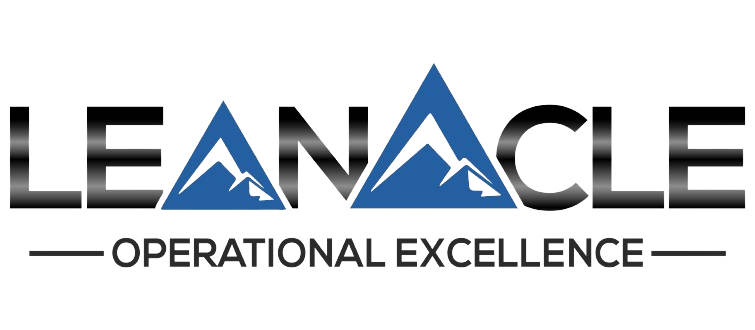Boeing reported a loss of more than $6 billion in the 3rd quarter of 2024. New CEO Kelly Ortberg emphasized that he “reset” management’s relationship with labor “so we don’t become so disconnected in the future.” Click here to read the related news article.
Among other problems plaguing Boeing, the most notable is the labour strike of its 33000 machinists. A quick Google search reveals that Boeing isn’t alone, labour protests among Kaiser mental health workers, Canada Post workers, US port workers, Montreal dockworkers are some of North America’s most notable issues arising from strained relationship between Management and workforce in the current time.
Ortberg brings attention to a very critical albeit often overlooked factor in the success of a company. A positive engagement between management and employees. If there is no alignment between the makers of the strategic goals and the teams that implement them, a disconnect arises. Not addressed in a timely manner, this disconnect can lead to adverse effects on the business.
How can we bridge the engagement gap on the manufacturing floor? Where management and frontline workers are physically separated, wear different types of clothing, and work in vastly different conditions? Frontline workers often face harsher environments, dealing with high noise levels, dust, oil, fumes, metal shavings, hotter temperatures, and physical strain. Management, on the other hand, may be oblivious to the physical demands of the frontline workers’ daily tasks, as they focus on the heavy lifting in the thinking realm—handling day-to-day tactics and long-term strategic planning. This disconnect, where employees may not fully appreciate management’s mental efforts and planning, while management may not fully grasp the physical toll on workers, can lead to a gap in understanding each other’s contributions.
Would it be naive to think that four quarterly meetings, a Christmas party, a Thanksgiving lunch, and a summer barbecue are enough to truly bridge this gap? Do you think that monthly engagement activities between management and employees would make a meaningful difference? These events are mostly one way communications from management to employees.
What if there was a way to provide a voice to the employees as well as generate a return on investment?
Now are talking.
There is a proven, practical way to achieve all of this—not only bridging the gap but also driving operational efficiency by uncovering hidden opportunities on the floor with the insights from those adding value every day.
COMMWIP Events: Enhancing Shop Floor Engagement and Knowledge Retention, introduce a structured initiative that boosts shop floor engagement and reinforces Lean principles by focusing on COMMWIP—Correction, Overproduction, Motion, Material, Waiting, Inventory, and Processing, the seven waste types. Through a phased approach, these events begin with foundational training, interactive activities like quizzes and puzzles, and culminate in hands-on, shop-floor applications such as identifying instruction gaps.
This structure ensures employees retain knowledge and actively apply waste reduction practices in their work. Results show significant impact: one SME saw over $260,000 in cost savings and experienced a rise in employee morale, as well as strategic insights from frontline workers. The initiatives’s success relies on a clear, phased engagement, interactive learning, and real-world applications that embed Lean practices into daily operations.
Key success factors include step-by-step engagement, sustained interest through interactive activities, and tangible shop-floor applications that translate theory into practice. COMMWIP Events stand out as a proactive approach to achieving sustainable operational and cultural improvements in manufacturing.
Leanacle has empowered SMEs to achieve substantial cost savings and improve shop-floor engagement through targeted COMMWIP events. By addressing key operational wastes—Correction, Overproduction, Motion, Movement, Waiting, Inventory, and Processing—these events encourage frontline workers to share their insights and actively participate in waste reduction, enhancing efficiency and morale. As companies like Boeing are reminded, alignment between management and shop-floor employees is essential for success.
